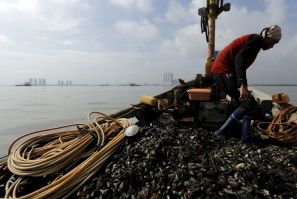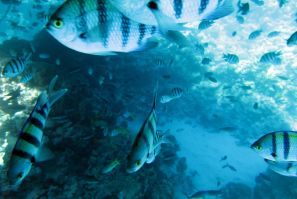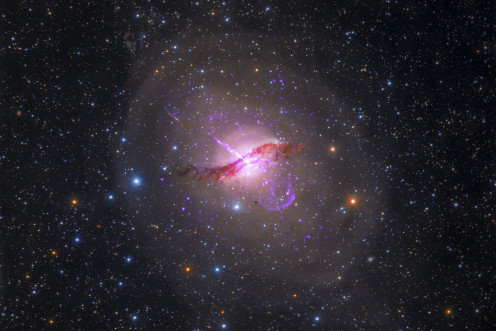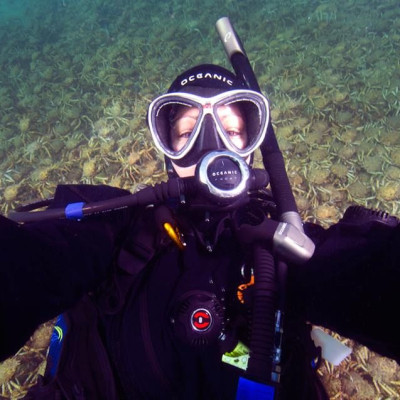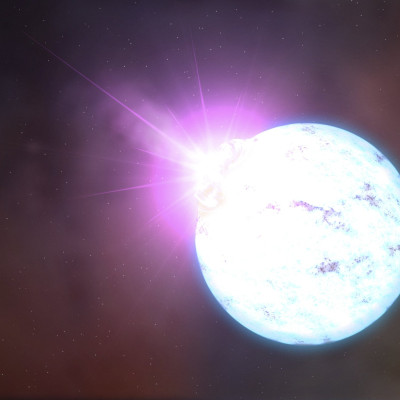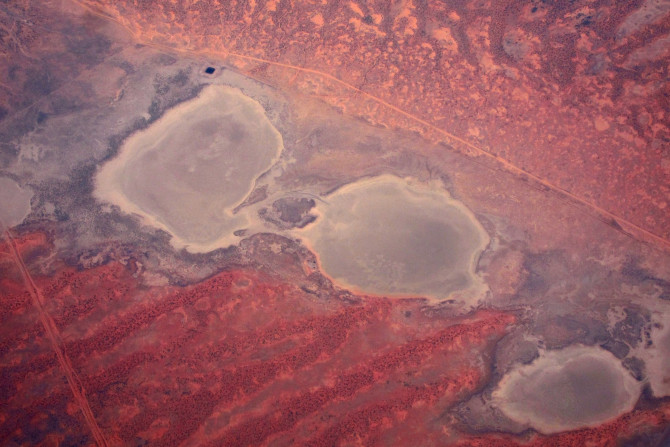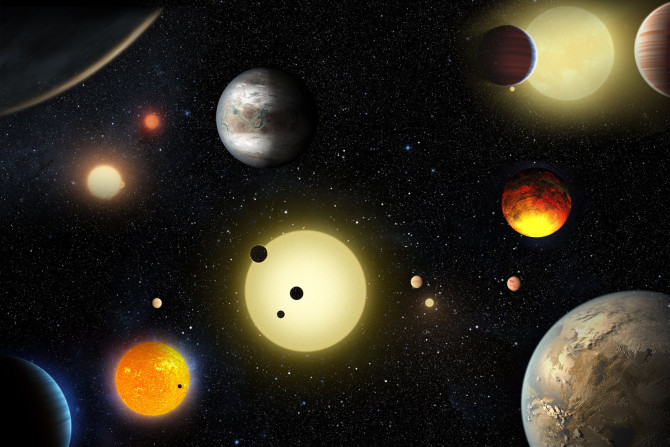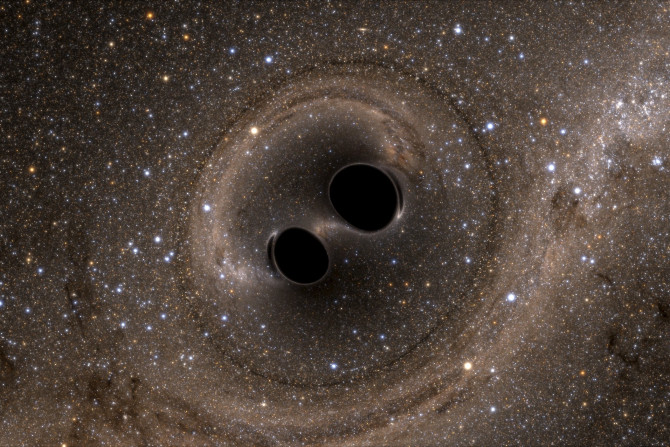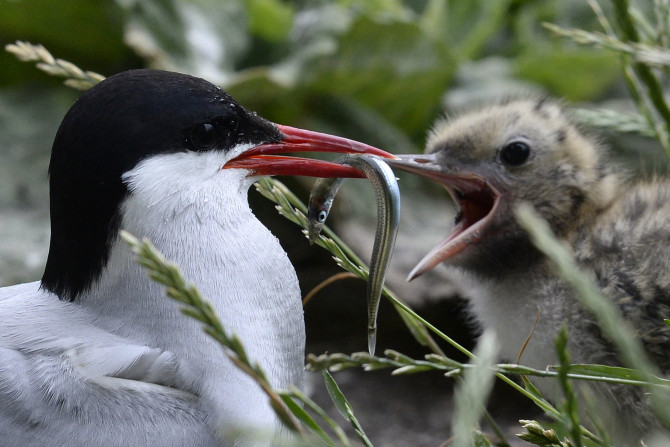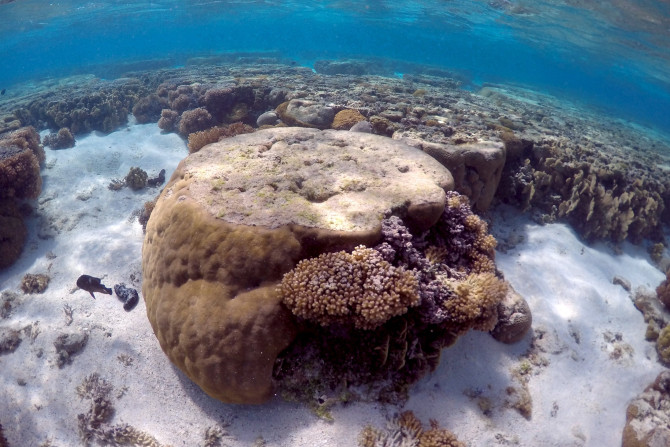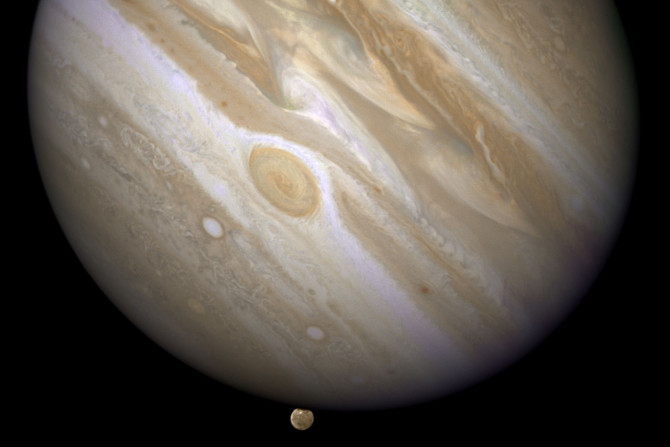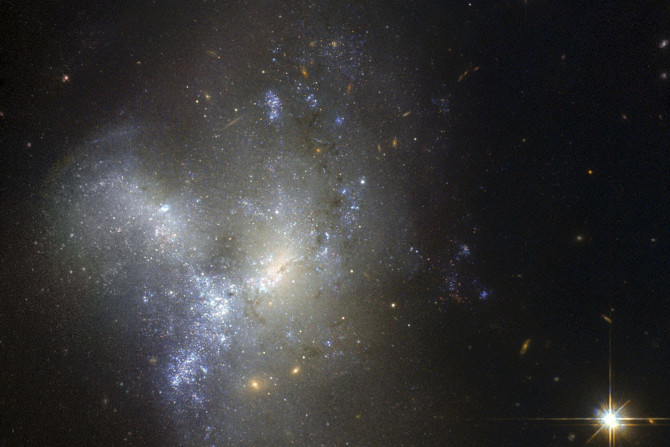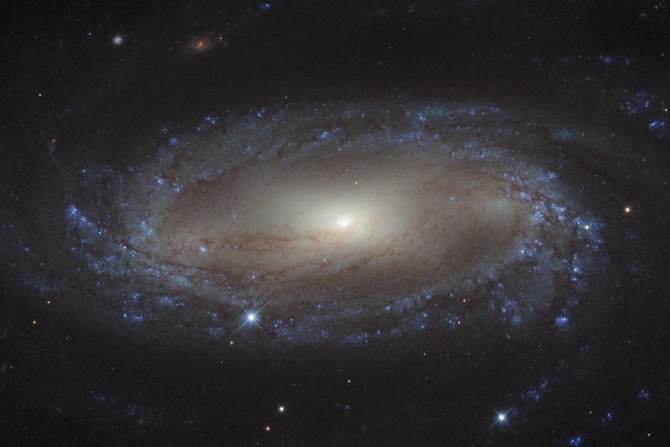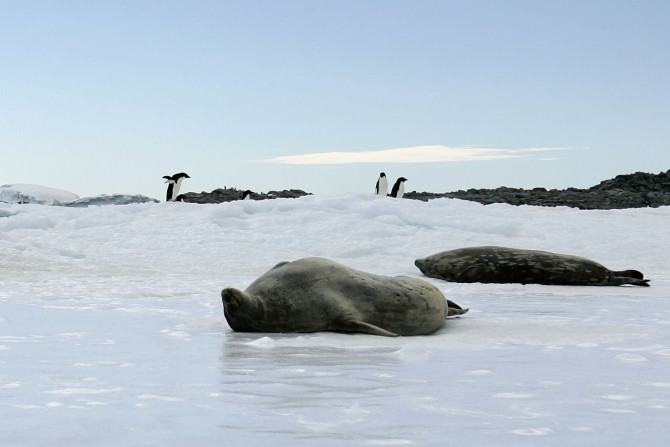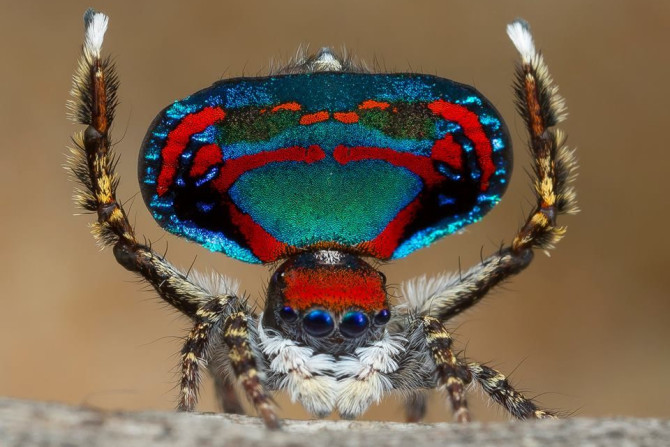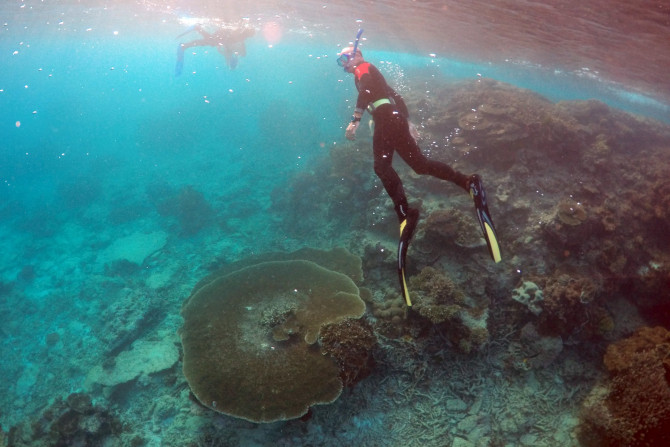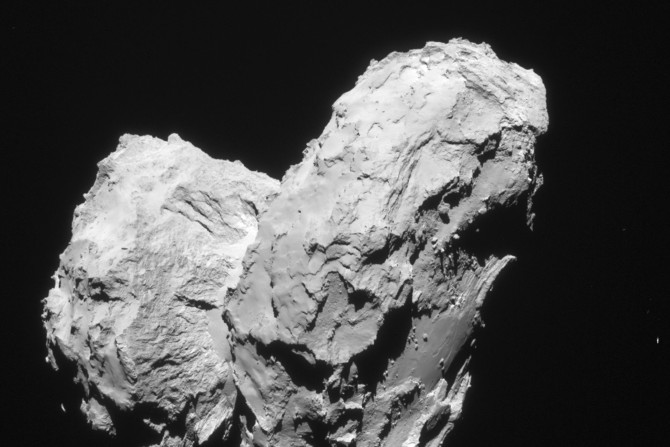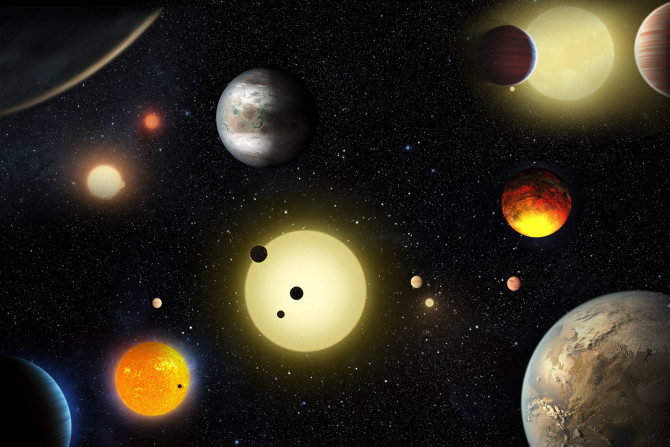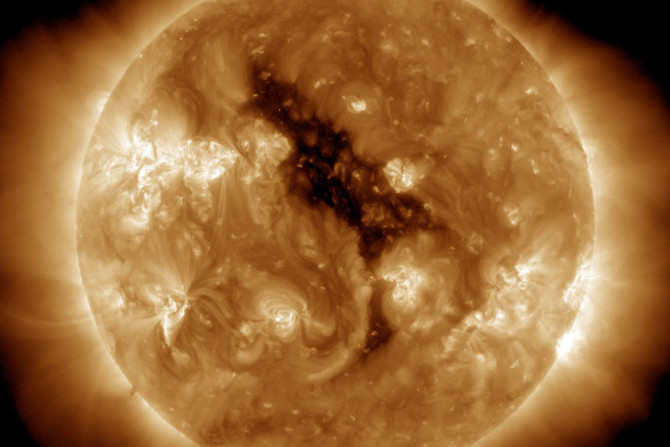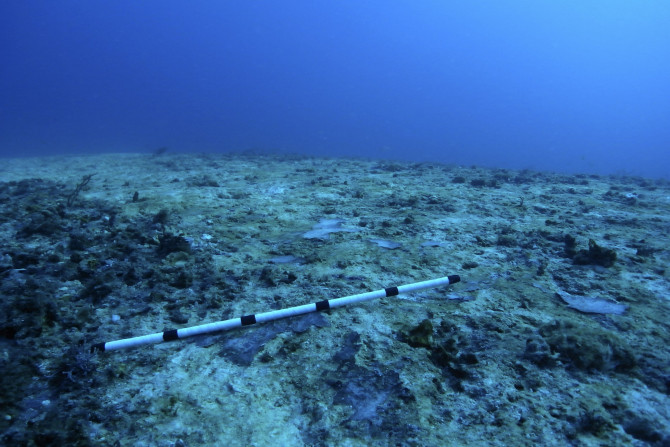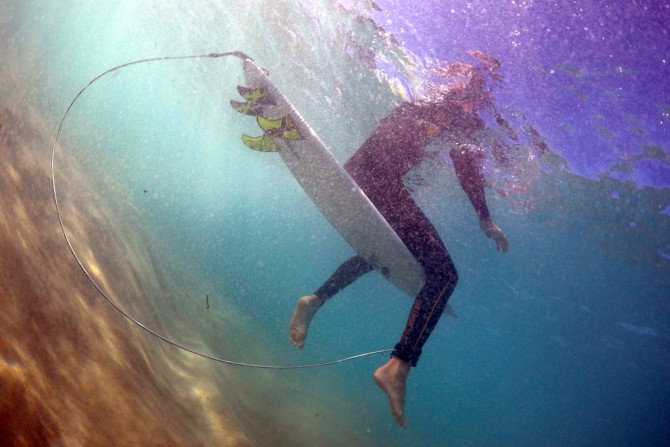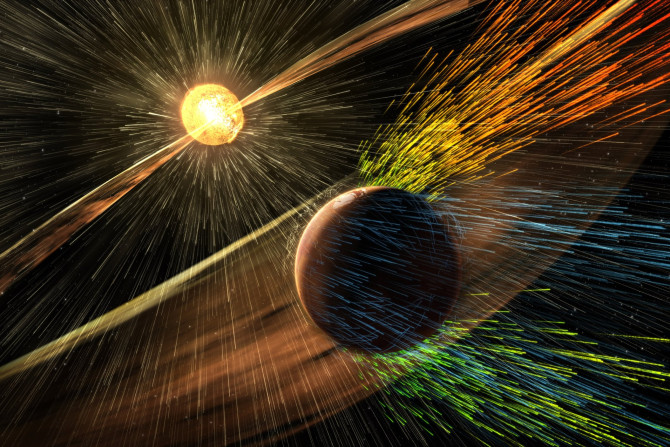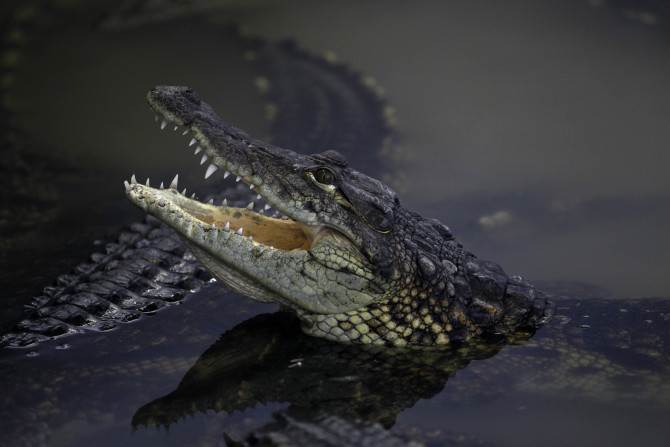Scientists from Japan have come to the conclusion that cats seem to use their hearing to ascertain whether objects that they can't see exist. Moreover, they also seem to understand the principle of cause and effect. This basically means cats understand that actions can lead to reactions.
Ritwik Roy
Jun 16, 2016
The mosaic-tailed rat, popularly known as the Bramble Cay melomys, has been declared extinct by Queensland researchers. These rats were a resident of an island in Australia’s Great Barrier Reef. Researchers believe that the reason for their extinction is manmade climate change.
Ritwik Roy
Jun 15, 2016
A team of Australian scientists have done something really amazing. In a world-first, they brought back yeast of a 220-year-old beer recovered from a shipwreck.
Ritwik Roy
Jun 14, 2016
Newly discovered baby planet PTFO8–8695 b in constellation Orion is slowly destroying itself and its close proximity to its sun is the cause, astronomers have pointed out. The likely new planet may be the galaxy’s youngest and is very unique as there is just 11 Earth hours in a year.
Ritwik Roy
Jun 14, 2016
Scientists from Southampton University, UK, have found the most unique way to constrain carbon dioxide emissions, and that is to turn them into stone. The researchers found this smart way to cut emissions in the midst of global warming while working in Iceland.
Ritwik Roy
Jun 14, 2016
Sharon Burden, who lost her to son Kyle in a 2011 shark attack near Dunsborough in Western Australia while bodyboarding with friends, expressed anger at a popular newspaper’s front page showing children frolicking in the ocean with a superimposed shark fin in the background.
Ritwik Roy
Jun 12, 2016
An international team of scientists used the Atacama Large Millimetre/submillimetre Array (ALMA) telescope in the Atacama Desert to get the first-ever glimpse of a supermassive black hole readying to gorge itself on gas clouds. The scientists spotted three clouds rushing towards the giant black hole at a tremendous speed of up to 1.3 million kilometres per hour.
Ritwik Roy
Jun 10, 2016
An Arctic tern, which measures 11-15 inches in length and weighs about a 100 grams, has set the record straight for the longest migration trip ever recorded. As Arctic terns can live for 15 to 30 years, they can cover over three million kilometres over its lifetime, which is roughly equivalent to four round trips to the moon.
Ritwik Roy
Jun 09, 2016
WWF-Australia recently released shocking images and a video of the impact of coral bleaching on the Great Barrier Reef. The once colourful and vibrant reef that attracted thousands of tourists worldwide has been reduced to a shady brown with slimy algae impacting the World Heritage Site like never before.
Ritwik Roy
Jun 07, 2016
Researchers from Uppsala University have found that larval fish exposed to microplastic particles display stunted growth and changed behaviour. Quite interestingly, the fish prefer eating the microplastic particles than plankton.
Ritwik Roy
Jun 04, 2016
Using radio waves, scientists were able to get the clearest glimpse of what lies beneath Jupiter’s thick cloud tops. They found patterns of swirling ammonia mirroring those seen on the surface.
Ritwik Roy
Jun 03, 2016
A mysterious force known as dark radiation may be making our universe expand way faster than previously anticipated. NASA made the discovery this week via its Hubble Space Telescope that revealed that the universe is expanding five to nine percent faster.
Ritwik Roy
Jun 03, 2016
Scientists have detected a faint hydrogen signal emitted from a galaxy more than five billion light years away via Very Large Array (VLA) telescope in New Mexico, US. The international team of scientists that included an Australian radio astronomer from Perth believe that this find will push the boundaries of astronomy forward.
Ritwik Roy
Jun 03, 2016
Antarctica is far less affected by climate change than the Arctic. North Atlantic’s cold and deep ocean currents dull the effects of global warming and even slow down sea level rise.
Ritwik Roy
May 31, 2016
Sydney biologist Jürgen Otto, who is extremely passionate about Australian peacock spiders, has discovered seven new species and has gained a significant online following with his footage.
Ritwik Roy
May 31, 2016
Dr. Graham Reynolds from the University of North Carolina Asheville led a team of researchers into the Bahamian Archipelago only to discover a new species of boa in the remote Conception Island Bank.
Ritwik Roy
May 30, 2016
Henry Marr from Mount Vernon, Washington, is extremely upset as he believes people are wrecking the planet. The kid broke down after he saw a video of animals eating plastic trash.
Ritwik Roy
May 30, 2016
Coral bleaching in certain northern and central parts of Australia’s Great Barrier Reef has killed off more than 35 percent of the corals, extensive aerial and underwater surveys have revealed.
Ritwik Roy
May 30, 2016
European Space Agency’s (ESA) Rosetta spacecraft discovered ingredients glycine and phosphorous on a comet that are regarded crucial to the origins of life. Comets delivered chemical building blocks of life to Earth.
Ritwik Roy
May 29, 2016
The new research suggests that Earth-like planet Kepler 62f would need a thick carbon dioxide-rich atmosphere to stop its water from freezing because of its distance from its star.
Ritwik Roy
May 28, 2016
NASA's Solar Dynamics Observatory (SDO) recently captured a massive hole on the sun’s surface. The gigantic coronal hole is blasting radioactive solar particles towards Earth.
Ritwik Roy
May 28, 2016
New study reveals data never conflicted with any previous experiments. Researchers concluded that it could well be the fifth fundamental force of nature.
Ritwik Roy
May 27, 2016
The new algorithm enables scientists to pinpoint the tsunami source that in turn helps scientists in predicting the impact of the waves once they hit the shores.
Ritwik Roy
May 26, 2016
A new study has revealed that feeding cows with antibiotics may increase greenhouse gas emissions from cow dung, burps and farts.
Ritwik Roy
May 25, 2016
The final report by the Great Barrier Reef Water Science Taskforce has put forward major concerns regarding the reef’s water quality. Water quality improvement measures till date have been slow.
Ritwik Roy
May 25, 2016
Researchers drone technology to track shark behaviour along coastal waterways. The drones can not only protect beachgoers, they can also allow experts learn more about shark behaviour and their environment.
Ritwik Roy
May 25, 2016
Four billion years ago, Earth received only 70 percent of sun’s energy than what it receives today and should have been like an ice ball. Yet it was warm with liquid water.
Ritwik Roy
May 24, 2016
A recent study by Brigham Young University professor Ross Flom found that dogs can do more than detect their master’s emotional cues.
Shannon Azares
May 24, 2016
Burning all fossil fuels would make Earth so hot that global temperatures would soar by eight degrees. It would release five trillion tonnes of carbon dioxide into the atmosphere.
Ritwik Roy
May 24, 2016
The Nile crocodiles can grow up to a length of 18 feet. They caused 123 fatalities in Africa and at least 480 attacks on humans between 2010 and 2014.
Ritwik Roy
May 23, 2016



